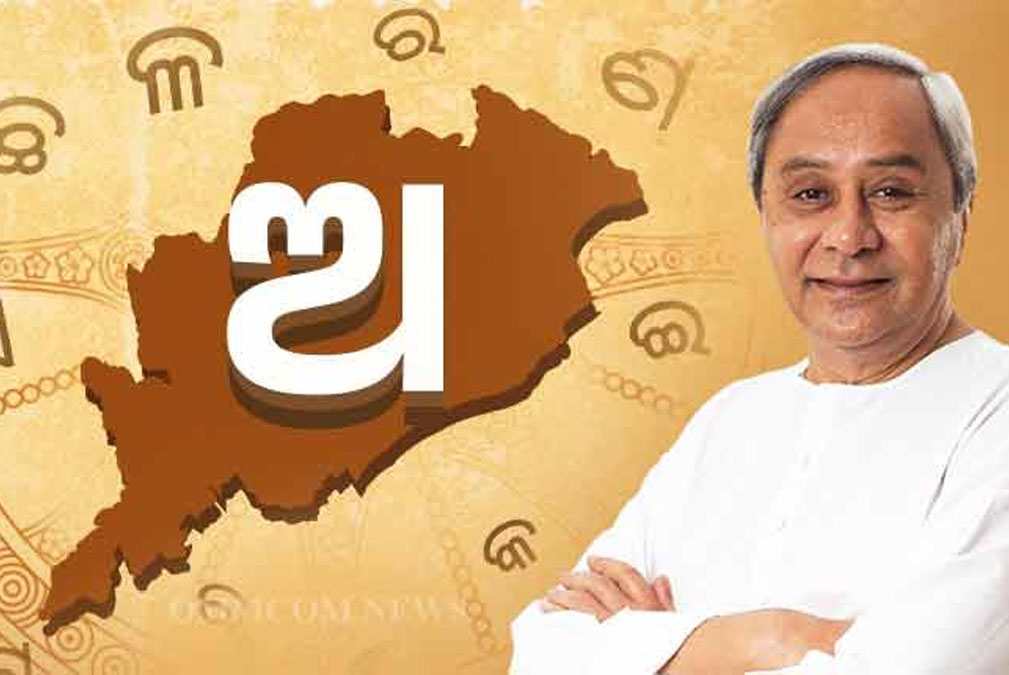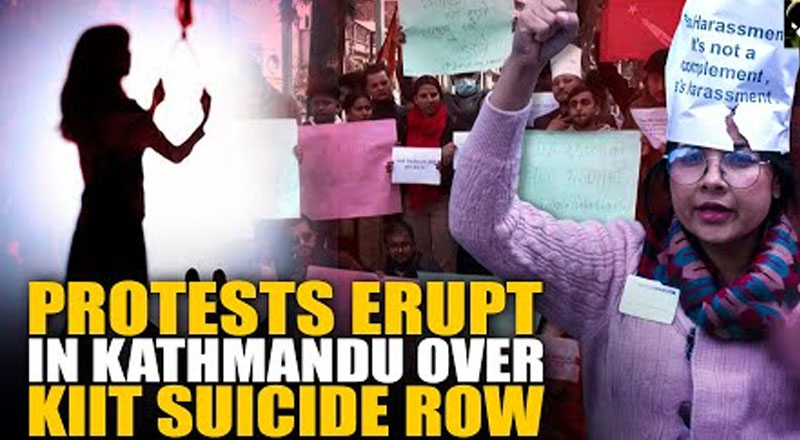The Power of Mother Language
Language is more than just a means of communication; it is a carrier of culture, identity, and heritage. Our mother tongue shapes our thoughts, emotions, and sense of belonging. On the occasion of International Mother Language Day 2025, Odisha Chief Minister Mohan Charan Majhi reinforced the importance of preserving and promoting the Odia language, emphasizing its role in sustaining Odisha’s cultural and historical legacy.
Taking to social media, CM Majhi remarked, “Mother language is the language of our hearts, the essence and identity of our motherland. On the occasion of International Mother Language Day, let us further strengthen the concept of establishing our glorious Odia language in the global arena while keeping its fame and glory intact.” His statement resonated deeply, highlighting the urgent need to safeguard regional languages amid globalization and societal transformations.
The Significance of International Mother Language Day
International Mother Language Day is observed annually on February 21 to promote linguistic diversity and encourage the preservation of native languages. Established by UNESCO in 1999, the day commemorates the sacrifices made by the Bengali people in their fight to preserve their language in 1952, a struggle that led to the recognition of their linguistic rights.
In 2025, the 25th anniversary of this significant day is celebrated under the theme: “Silver Jubilee Celebration of International Mother Language Day.” This milestone underscores a quarter-century of efforts in preserving and promoting linguistic diversity worldwide.
The Threat to Native Languages
Despite there being over 8,000 languages spoken globally, many are at risk of extinction due to globalization, migration, and technological advancements. UNESCO reports that a language disappears every two weeks, leading to an irreversible loss of cultural wisdom and traditions.
For instance, India’s linguistic landscape is incredibly diverse, with 22 officially recognized languages and over 19,500 dialects. However, several indigenous languages, like Kodava, Toda, and some tribal dialects of Odisha, are rapidly fading due to declining native speakers and limited institutional support.
Odisha’s Commitment to Strengthening Odia Language
CM Mohan Charan Majhi’s call to reinforce Odia’s global presence aligns with broader efforts to promote native languages. Odisha has taken commendable steps, such as:
- Introducing Odia as a mandatory subject in schools to ensure linguistic proficiency among younger generations.
- Establishing Odia Virtual Academies to digitize and promote Odia literature and heritage.
- Encouraging research and documentation of lesser-known dialects spoken by tribal communities in Odisha.
- Hosting language and literature festivals to celebrate the richness of Odia culture.
Why Mother Language Matters
Mother tongue education plays a crucial role in a child’s cognitive development. Studies show that children taught in their first language grasp concepts faster, perform better academically, and develop a stronger connection to their heritage. Countries like Finland, South Korea, and Japan, which emphasize education in native languages, have consistently shown superior educational outcomes.
Moreover, preserving local languages fosters cultural tourism and creative industries. Literature, music, and cinema rooted in native languages can thrive when communities embrace their linguistic heritage.
A Call to Action
The call to strengthen the Odia language is not just about preserving a linguistic tool but about safeguarding an identity. As Odisha moves forward in the digital age, concerted efforts are needed from policymakers, educators, and the public to ensure that Odia, along with other regional languages, thrives in a globalized world.
International Mother Language Day serves as a reminder that linguistic diversity is not just a cultural asset but a necessity for social harmony, innovation, and progress. The legacy of Odia and other native languages must be nurtured so that future generations can proudly carry forward the richness of their heritage.
(With inputs from agencies)





